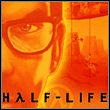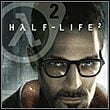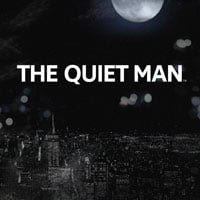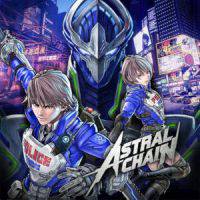Silent avant-garde. Why are silent protagonists still a thing?
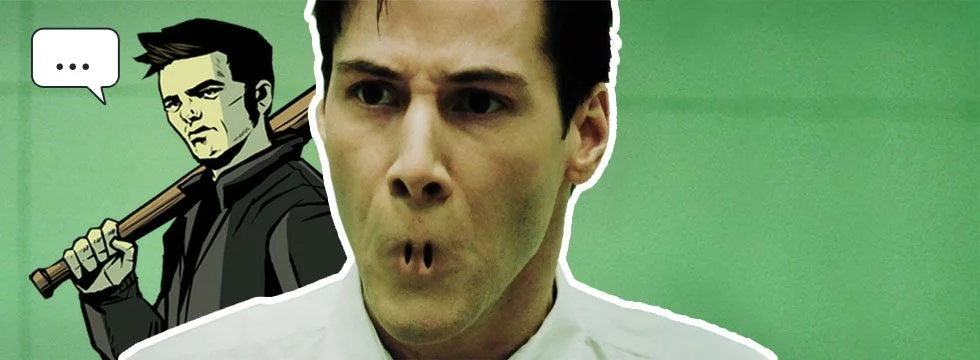
Silent avant-garde
The traditional use of the silent protagonist tends to have a rather adverse effect on the story, but the entire game industry has come a long way, and some developers have been able to play with the commonly accepted solutions in unconventional ways. This includes mute characters. There were a few games that simply justified the characters' reluctance to speak, effectively making it work for the immersion and coherence.
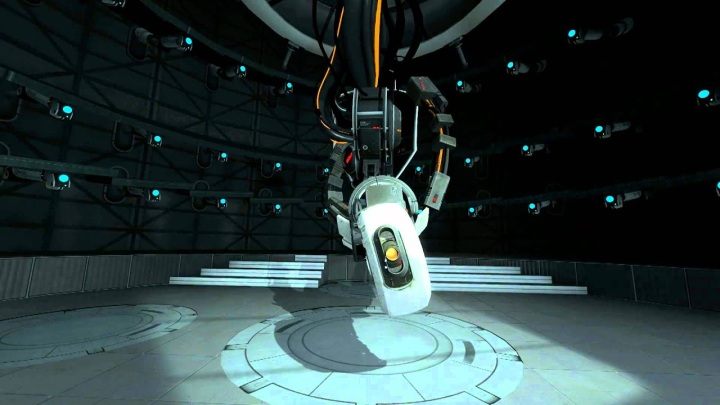
Both installments of Portal, a cult-classic logic game, are thus great examples of using a silent protagonist creatively. Chell, the main character of this series, never utters a single word, and the fact is often criticized by the AIs, who call her a dangerous, mute psychopath, and wonder if her brain wasn't damaged. When developing Portal 2, the developers wanted to go even further, making Chell resort to a voice command in the final battle of the game – before that moment, she simply didn't need vocal input to communicate with the psychopathic AI. Ultimately, this decision was because the testers felt hearing an unfamiliar voice right at the end of the game could be perplexing, and that players might not associate it with Chell.
The creators of the infamous The Quiet Man, published by Square Enix, also experimented with a silent protagonist. The premise of this unusual walking brawler was that the protagonist is blind and deaf. He not only doesn't speak, but also can't hear anything: everything that NPCs say, is a barely understandable swoosh. Despite the interesting concept, it unfortunately turned out a rather pathetic, dare I say, game, the plot of which was completely illegible, and even the patch that was hastily released, and which introduced subtitles, didn't seem to help. The Quiet Man ended up with an average of 29% on Metacritic.com, which was the worst result for any video game in 2018. Not every novel idea has to be successful.
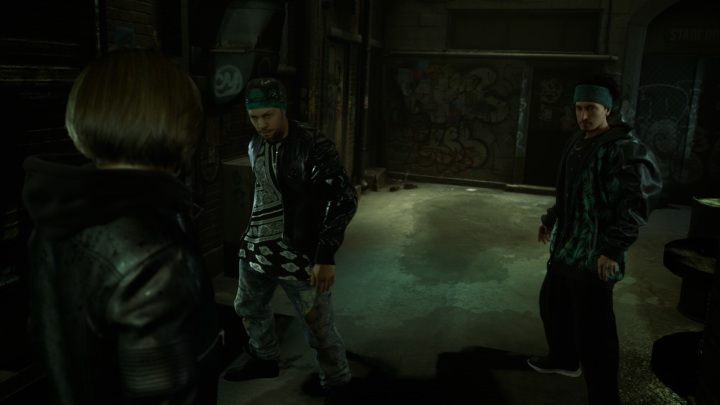
Another interesting – mostly because it's a 1999-fossil – example of avant-garde use of a silent protagonist was a Japanese story game, Chrono Cross. The protagonist of this title, Serge , is a mute protagonist who, at some point in the game, falls into the trap of his antagonist, Linx, which results in the two switching their bodies. So while Serge was a quite type, Lynx was rather talkative in his body, which is promptly noticed by NPCs.
It is a pity that more games have not followed these two titles – if going for a silent hero, why not at least justify it to keep the setting coherent?

SECOND OPINION
Personally, I do not enjoy silent heroes, and I much prefer it when the developers decide to create a concrete hero with their own voice and their own opinion. I do understand the decision, though, especially in popular coop games. In games like Destiny, Ghost Recon Wildlands or The Division, our hero is deliberately silent, because in a sense, we're not playing a protagonist created by a team of screenwriters, but rather a virtual avatar ourselves.
We're supposed to be the hero, and the dialogs are supposed to be carried between us and our on-line friends. The authors specifically create a story that's not memorable to promote replayability. When dialogs are formulaic, we don't care all that much about the protagonist being silent. And this can actually work really well – provided we're playing with a group of good friends.
Completing Destiny with a team of friends, it's hard to even bother thinking why the characters are silent. There's just a lot to talk about with your friends. Things are a bit trickier, when the protagonist is silent in a single-player story-driven game. It may have been ok a decade ago, but now it can only be explained with either laziness or economy.
Dar "DM" Matusiak
More points of charisma
And just one thing about it all really bothers me: are there any players who actually enjoy silent protagonists? Does it reinforce immersion for anyone out there? After all, there must be some justification for the frequent use of this solution in games that are evidently not short on money: Astral Chain, Metro Exodus or Jump Force.
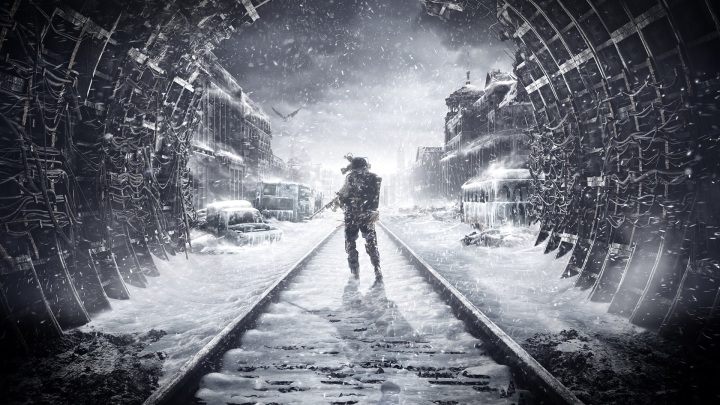
I, for one, cannot bear with this, and when I'm asking my fellow gamers about this, most of them agrees, and even if they don't, they're mostly 'just ok' with it. I mean, finding anyone who could write that frame above was a hustle – precisely because most my editorial colleagues agreed with me. Why are then developers so willing on a solution that, in the best case, causes only indifference, and usually is just annoying? I do not know.
What I do know is that next time I want to buy a console because of a single game, I'll double check the protagonist isn't silent.

